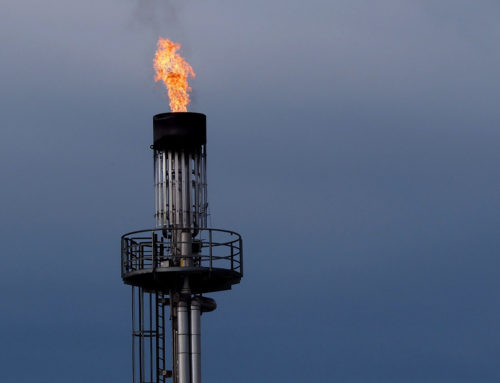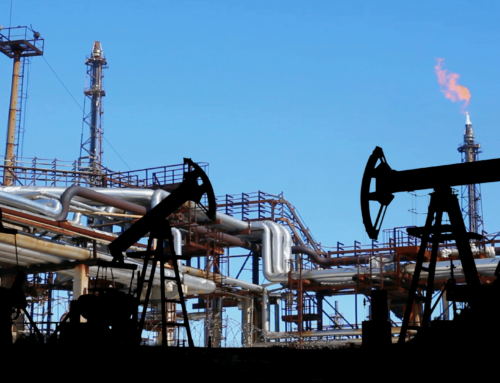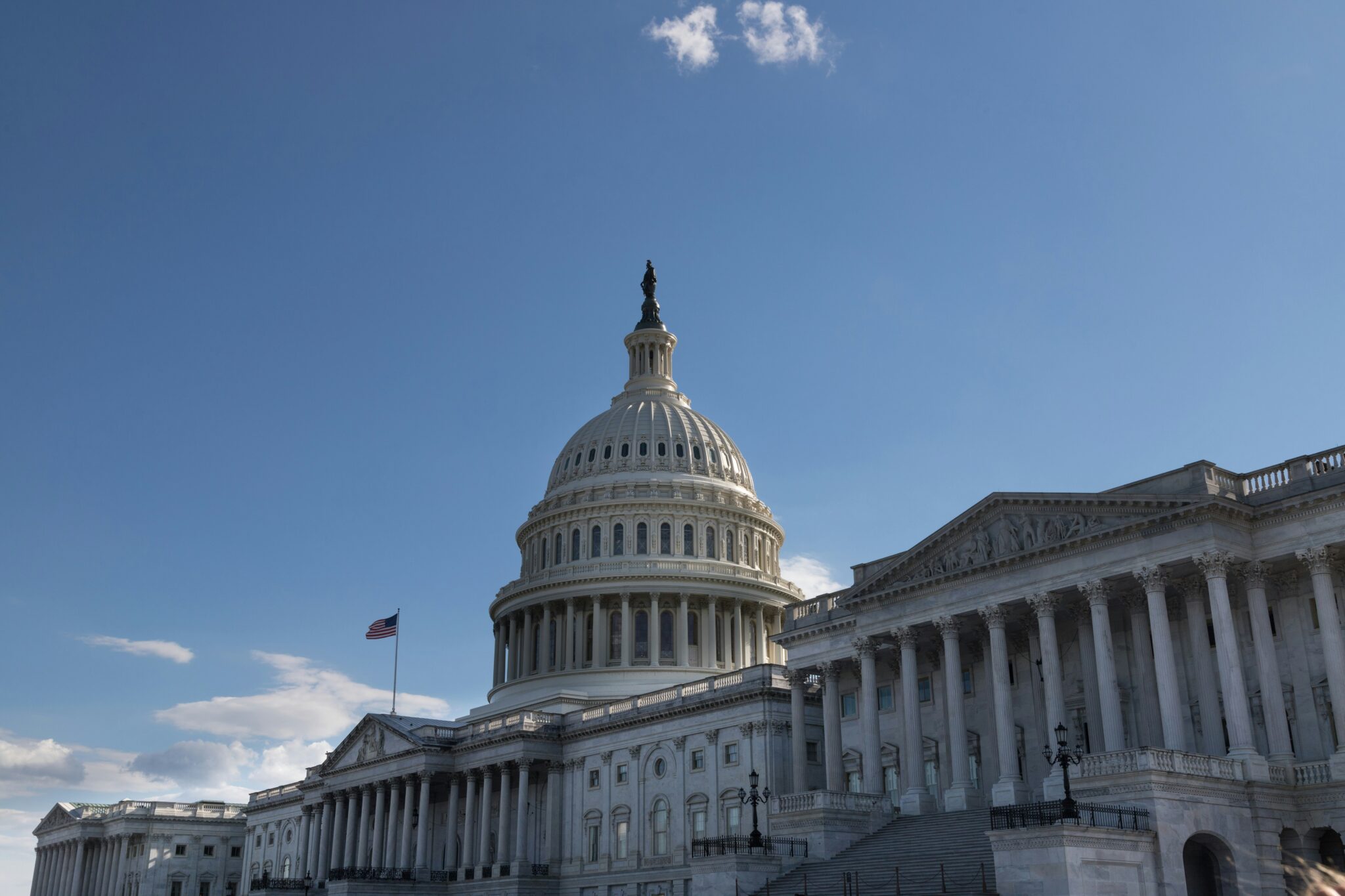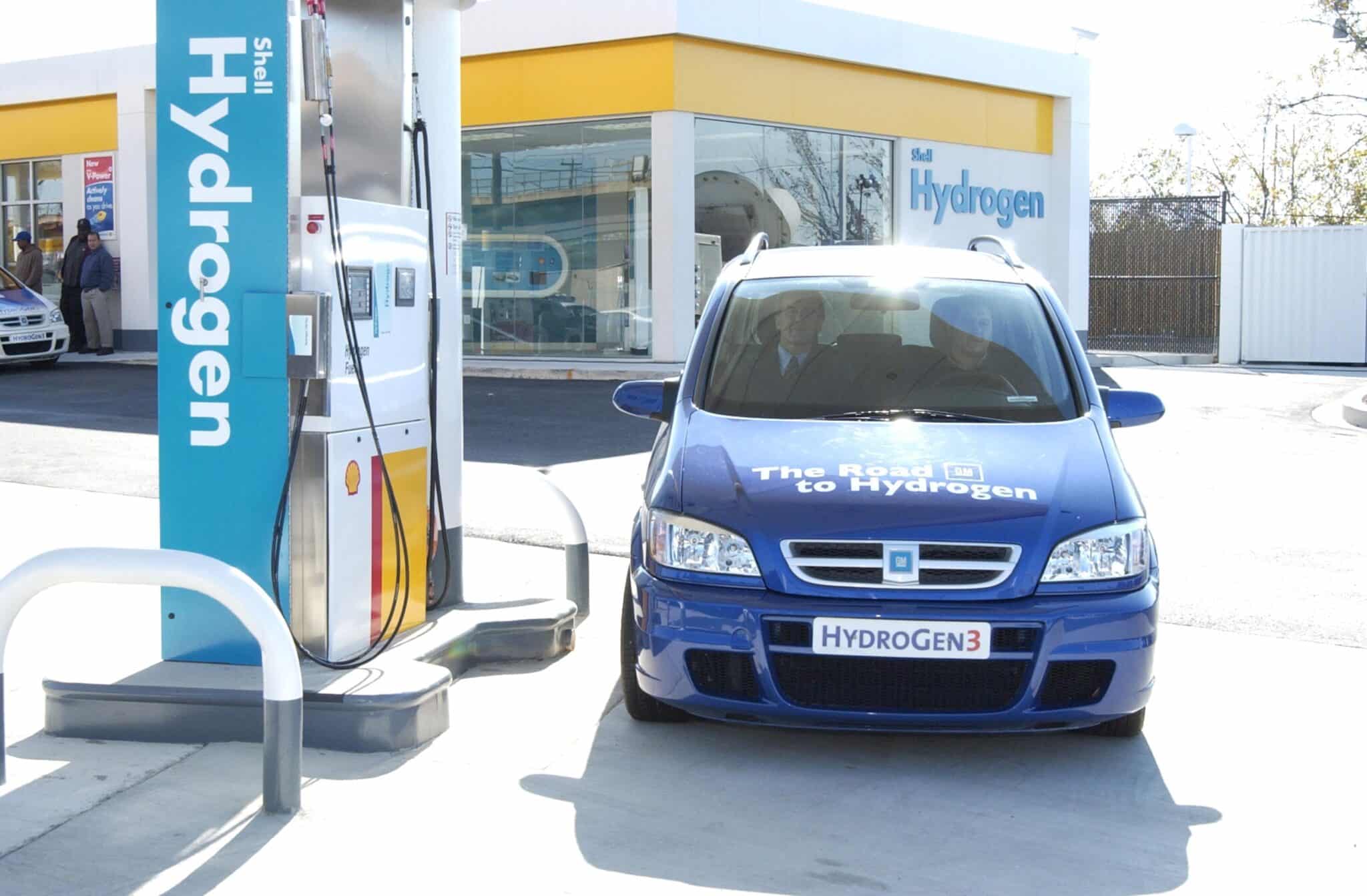Taxpayers for Common Sense sent a letter to members of the House Energy and Commerce Committee in advance of the Subcommittee on Oversight and Investigations’ hearing “Gouged at the Gas Station: Big Oil and America’s Pain at the Pump.”
Read the letter below or download it here.
April 6, 2022
Oil and Gas Industry Prioritizes Investors; Time for Congress to Protect Taxpayers
Dear Energy and Commerce Committee Members,
On behalf of federal taxpayers, thank you for holding this important hearing on gas prices during a period of heightened concerns about our energy security and inflation. Congress has an important oversight role to play on this issue, and the actions of the oil and gas industry and the federal policies surrounding oil and gas development are a necessary part of this discussion.
For more than 25 years, Taxpayers for Common Sense has advocated for an end to wasteful subsidies and a fair return for the American taxpayer from the natural resources we own. For your discussion of gas prices with the CEOs of the top five oil and gas companies, we would like to provide you with our analyses of the most recent financial statements of the top 20 U.S. exploration and production companies. Please consider the record-breaking profits of the oil and gas industry in light of their requests for more concessions from taxpayers.
Oil and gas interests have benefitted from an elaborate and largely opaque system of subsidies for more than a century, courtesy of U.S. taxpayers. This includes a suite of industry-specific tax preferences, below-market valuation of federally owned resources, below-market royalty rates, and outdated bonding requirements. It also includes the billions of dollars in additional costs borne by taxpayers every year from natural disasters made worse by climate change, which the oil and gas industry has worked assiduously to deny and misrepresent for decades.
Oil and gas development must be done responsibly as part of our overall energy portfolio. But the current system dramatically favors oil and gas production and consumption and creates barriers to market entry for other energy sources. Tax dollars are being wasted on subsidies for highly profitable companies while also creating future liabilities for taxpayers.
- Oil and gas companies are making record profits. The world’s six largest publicly traded oil and gas companies, Exxon Mobil, Chevron, Shell, Total SE, ConocoPhillips, and BP, had total annual profits of $90.4 billion for 2021. Read our analysis here.
- Companies are taking care of investors – not consumers and taxpayers.
- BP: $2.75 billion in share buybacks from 2021 Q3 and Q4 results.
- Chevron: Announced buyback program of up to $10 billion for 2022.
- ExxonMobil: Announced buyback program of up to $10 billion for 2022.
- Devon Energy: $1 billion in special dividends announced from 2021 Q3 and Q4 results, as well as a $1.6 billion buyback program through the end of 2022. “FIXED-PLUS-VARIABLE dividend is top funding priority.”
- Pioneer Natural Resources: $1.4 billion special dividends announced with 2021 Q3 and Q4 results, as well as a new $4 billion buyback authorization.
- Shell: $5 billion in buybacks announced for the last half of 2021 and first half of 2022.
- EOG Resources: $1.8 billion special dividends announced with 2021 Q3 and Q4 results, as well as $5 billion in buyback authority.
- Unnecessary subsidies cost taxpayers billions each year. The industry’s biggest tax breaks will cost an estimated $3.2 billion in FY2022, while below-market royalty rates and other sweetheart terms for leasing federal land will cost an additional $1.7 billion.
- Oil and gas leasing reforms will bring in millions of dollars in important revenue and will not impact production. Depending on which leasing reforms are implemented, federal taxpayers could see an additional $500 million in revenue over the next decade, with another $500 million going to states.
- Increasing oil and gas royalties will put federal rates in line with states like Texas, which charge double what the federal government charges for oil and gas extracted from federal lands.
- Raising 1920s and 1980s rates won’t increase gas prices. Studies indicate any impact on production would be minimal, largely because it wouldn’t affect current leases, and production from federal lands makes up a small portion of total U.S. oil and gas production.
Big Oil is trying to exploit the public’s concerns about energy security and inflation to leverage more taxpayer subsidies, while they report record breaking profits. This industry has taken advantage of a broken system for too long. We urge you to support efforts to end unnecessary tax subsidies, reform the federal leasing system by increasing outdated royalty and rental rates, reform bonding requirements, and hold this industry accountable for its contribution to the ever-increasing costs of climate change borne by taxpayers.
Thank you again for your attention to these important issues.










